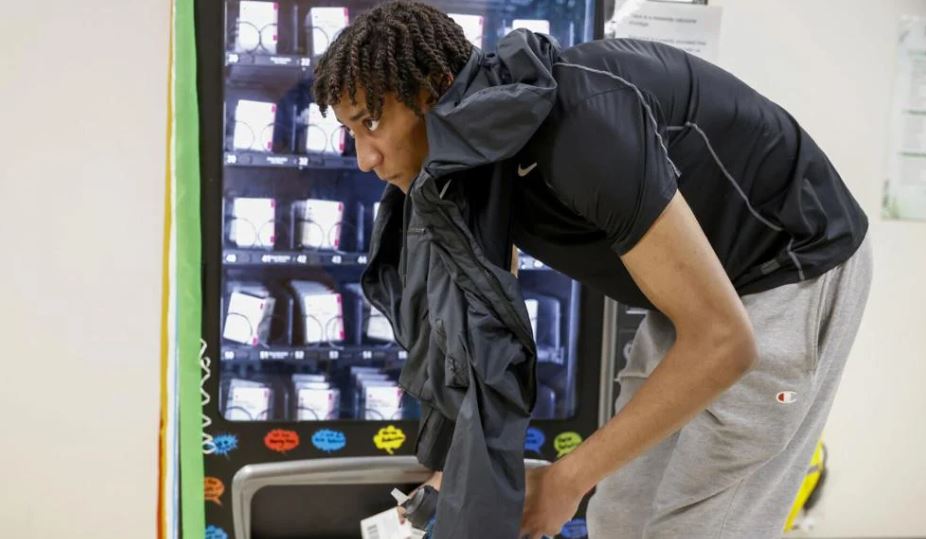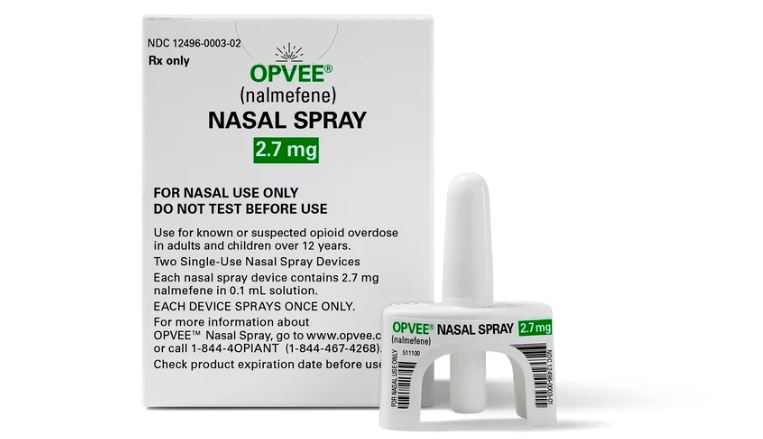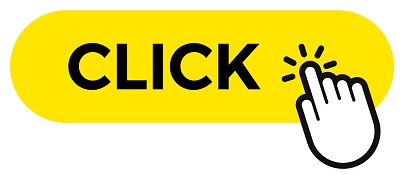|
Understanding the U.S. Behavioral Health Workforce Shortage
Nearly half of all Americans will have a behavioral health issue in their lifetime, from a mood disorder to a substance use problem. Behavioral health care encompasses a wide variety of interventions delivered by many different types of providers. In the U.S., nearly all these providers are in short supply.
The scarcity of behavioral health professionals is undermining people’s ability to get timely care. This is reinforced by historical underinvestment in behavioral health care by public insurance programs (like Medicaid and Medicare), private insurers, and employers — including lack of coverage and low reimbursement rates. In 2021, fewer than half of people with a mental illness were able to access timely care; those with substance use disorders were even less likely. Some groups are disproportionately impacted by workforce shortages. Read more here.
|  | |
NYS Office of Children and Family Services (OCFS) Announces Launch of New Family Opportunity Centers
The New York State Office of Children and Family Services (OCFS) last week announced the launch of eight family opportunity centers (FOCs) across New York State. The centers are aimed at improving the safety and well-being of children and families by addressing issues of poverty, education barriers, substance use disorders and lack of adequate physical and mental health care.
“We know that when families do better, children do better,” said OCFS Acting Commissioner Suzanne Miles-Gustave. “FOCs offer a welcoming, child- and family-centered program that provide a broad range of supportive services. By offering community-based, culturally responsive resources, we are giving families the tools necessary to stay together and thrive.” Read more here.
|  | |
Join the Conversation: OPWDD Embraces Diversity, Equity and Inclusion to Improve Service Delivery and Quality for People With Developmental Disabilities
People with developmental disabilities from diverse communities can face barriers to accessing supports and services to meet their needs. OPWDD is proud to be partnering with Georgetown University’s National Center for Cultural Competence to address these barriers and infuse cultural and linguistic competence, diversity, equity, and inclusion into all components of New York’s developmental disability service system. As we kick-off this transformative initiative, we invite you to learn about the activities ahead and share your thoughts and questions with us at one of several virtual community forums throughout the month of June listed below. The forums are open to people with developmental disabilities, their friends and family members and developmental disabilities service providers. Read more here.
|  | |
Autism Therapy Providers Tie Upskilling to Beating Turnover, Serving More Families
Staffing challenges in autism therapy are driving providers to invest heavily in training and upskilling registered behavioral technicians (RBTs). In recent years, inflation and a red-hot job market made hiring and retaining staff harder, especially for RBTs Further, investors have tied staff retention to the company’s value as an investment and as a provider of health care services, several sources attending the Autism Investor Summit to Behavioral Health Business. Read more here.
|  | |
Integrating Behavioral Health In Primary Care: Overcoming Decades of Challenges
According to a poll last summer conducted by CNN in partnership with the Henry J. Kaiser Family Foundation, 9 out of 10 adults in the United States believe that the country is facing a mental health crisis. This perception is well-founded. There are more than 150 million people living in areas where the number of health professionals relative to the population’s need falls below a certain threshold. The situation will worsen. Not only are there indications that the country’s mental health needs will continue to grow, but projections show that by 2025, the gap in fundamental mental health provider types will expand beyond 250,000 full-time equivalent employees. Read more here.
|  | |
Could a Narcan Vending Machine Help Stem Opioid Overdose Deaths?
A free vending machine that dispenses the overdose-reversal drug naloxone was unveiled this week at Santa Clara University, the first such campus resource in the San Francisco Bay Area, school officials said. The machine at the school’s Benson Memorial Center will dispense two-packs of Narcan, a nasal spray for delivering naloxone, with instructions on how to recognize signs of an overdose, how to administer the spray and to call 911, university officials said in a statement. A QR code on the machine also has a link to a California Public Health Department training video on Narcan. School officials across the U.S. have been attempting to stem a surge in overdose deaths, especially among teenagers, by increasing the availability of naloxone, which can reverse an opioid overdose in minutes. Read more here.
|  | |
How the Arts Can Benefit Your Mental Health (No Talent Required)
When Dr. Frank Clark was in medical school studying to be a psychiatrist, he decided to write his first poem.
“All that chatter that is in my head, everything that I’ve been feeling, I can now just put it on paper and my pen can do the talking,” he said, recalling his thoughts at the time. Back then, he was struggling with depression and had been relying on a number of things to keep it at bay, including running, therapy, medication and his faith.
“I had to find something else to fill the void,” he said. It turned out that poetry was the missing piece in his “wellness puzzle.” “I saw an improvement in my mood,” said Dr. Clark, who now sees patients in Greer, S.C. “It gave me another outlet.” Read more here.
| |
 | |
A New Nasal Spray to Reverse Fentanyl and Other Opioid Overdoses Gets FDA Approval
U.S. health regulators on Monday approved a new easy-to-use version of a medication to reverse overdoses caused by fentanyl and other opioids driving the nation's drug crisis. Opvee is similar to naloxone, the life-saving drug that has been used for decades to quickly counter overdoses of heroin, fentanyl and prescription painkillers. Both work by blocking the effects of opioids in the brain, which can restore normal breathing and blood pressure in people who have recently overdosed. The Food and Drug Administration endorsed Opvee, a nasal spray update of the drug nalmefene, which was first approved as an injection in the mid-1990s but later removed from the market due to low sales. Naloxone comes as both a nasal spray and injection. Read more here.
|  | |
UPCOMING EVENTS & TRAININGS
Faces Of Depression In Primary Care: Depression Symptomology & Functional Outcomes From Early To Late Adulthood
May 24, 12 - 1 pm, PsychU
Opportunities for Primary Care and Medicaid to Help Prevent Child Welfare System Involvement
May 24, 12 - 1 pm, Center for Health Care Strategies
A Fire Within: Working With the Rage of Trauma and Oppression
May 24, 3 - 5 pm, NAADAC
Co-occurring Diagnosis: Substance Use Disorder and Mental Health
May 24, 6 - 8 pm, NAMI-NYS
Peer Recovery Support Series, Part 4: Peer Supervision - Leadership and Lived Experience
May 25, 3 - 4:30 pm, NAADAC
Quality Outcomes and Behavioral Health Treatment: Improving Adoption of Measurement-informed Care
May 30, 1 - 2 pm, National Council for Mental Wellbeing
Harm Reduction Strategies in Treatment Court: What Fits and What Doesn’t
May 30, 2:30 - 4 pm, SAMHSA's GAINS Center
CCBHCs and Crisis Response Services for Children, Youth and Families
May 30, 2:30 - 4 pm, National Council for Mental Wellbeing
Leveraging Data to Transform & Retain the Integrated Care Workforce
May 31, 2 - 3 pm, National Council for Mental Wellbeing
Opioid Use Disorder in Pregnant and Postpartum Women
May 31, 3 - 4 pm, National Council for Mental Wellbeing
Proposed Rules to Enhance Access and Quality for Medicaid HCBS and Strengthen the HCBS Workforce
June 1, 1 - 2 pm, Manatt Health
2023 Cannabis Legalization, Trends and Treatment
June 1, 3 - 4 pm, National Council for Mental Wellbeing
Best Practices for Supporting and Affirming LGBTQI+ Youth: Updates from SAMHSA and the Field
June 8, 1 - 2:30 pm, National Council for Mental Wellbeing
Problem Gambling among Service Members and Veterans: Education, Awareness, and Outreach
June 9, 1 - 2:30 pm, SAMHSA
Healthy People, Health States: Promising Practices to Address Health Disparities
June 12, 3:30 - 4:45 pm, NASHP
Creating an Integrated Trauma-Informed Workplace
June 13, 2 - 3 pm, National Council for Mental Wellbeing
Building Successful Overdose Prevention and Response Programs in Community Corrections
June 14, 2 - 3 pm, National Council for Mental Wellbeing
New York State Summit on Peer Mentor Programs for Military Veterans
July 11 - 12, National Veterans Resource Center, Syracuse
| |
CLMHD CALENDAR
MAY
CLMHD Office Closed - Memorial Day
May 29
JUNE
Developmental Disabilities Committee Meeting
June 1: 1 - 2:30 pm
AOT Coordinators Meeting
June 2: 10 - 11:30 am
Mentoring Session - MHL
June 6: 11:30 am - 1:30 pm
Executive Committee Meeting
June 7: 8 - 9 am
Addiction Services & Supports (ASR) Committee Meeting
June 8: 11 am - 12 pm
Mental Health Committee Meeting
June 8: 3 - 4 pm
LGU Clinic Operators Call
June 13: 10 - 11:30 am
CLMHD Office Closed - Juneteenth
June 19
Children & Families Committee Meeting
June 20: 11:30 am - 1 pm
Membership Call
June 21: 9 - 10:30 am
Deputy DCS Call
June 27: 10 - 11 am
| |